Rabbits, rodents, reptiles, birds, and fish may not be as common pets as dogs or cats, but many households choose to own an exotic pet. Like most pets, exotic species can develop eye issues ranging from mild to serious, and inconsequential to blinding. You can’t prevent every eye disease process in these pets, but proper diet, housing, and veterinary care can go a long way.
One of the biggest problems facing exotic pet owners is a lack of education regarding their pet’s care. The Envision More Veterinary Ophthalmology team knows that exotic pet husbandry strategies have a big impact on overall and eye health, and want to help pet owners recognize and address eye diseases that husbandry problems can cause.
Rabbit and rodent eye health
Rabbits and other small mammals can acquire some of the same diseases as dogs and cats, including glaucoma, cataracts, or retinal degeneration. While these are likely genetic, several other issues commonly result from infections, parasites, poor diet, and dental problems. Husbandry-related eye problems in these pets include:
- Tear duct obstruction or tooth root abscess — Rabbit and rodent teeth grow continuously and must be worn down with proper diet and chew toys, or they can become impacted or infected, which causes roots to push against and pinch the tear ducts, or creates a path for bacteria to travel into the sinuses and eye socket (i.e., orbit). Dental disease can be prevented with a proper diet and regular veterinary dental care.
- Conjunctivitis — Swelling and infection of the pink tissues lining the eyelids commonly occurs from bacteria or viruses, which can spread rapidly in multi-pet situations. Cleaning cages regularly, feeding a proper diet, and avoiding overcrowding help to prevent infections from spreading.
- Periocular dermatitis — Gerbils with hair loss or swelling around their eyes may be living in improper bedding material.
Bird eye health
Birds can develop retinal conditions, cataracts, developmental diseases, or traumatic eye injuries that are typically out of the pet owner’s control. A few issues, including eyelid inflammation or conjunctivitis, can be the result of a systemic, sinus, or eye infection. Inadequate vitamin A in the diet can also cause these changes.
Because birds are masters at hiding disease until they are at death’s door, they need regular veterinary examinations to detect these changes before they become dire problems. Keeping your bird’s environment clean, the temperature regulated, and the air free from fumes and chemicals are also important in preventing infection and maintaining your bird’s health.
Reptile eye health
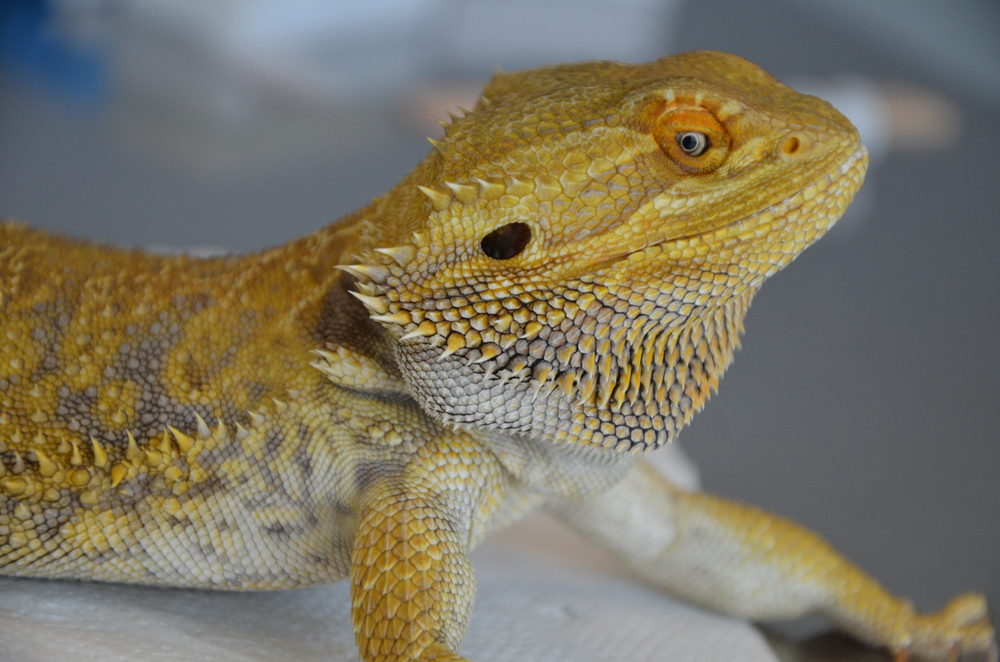
Husbandry problems are common in reptiles, because replicating their natural environment indoors can be tricky. Temperature, humidity, UV lighting, water access, diet, and supplements must be carefully monitored and controlled, because reptiles will develop systemic diseases or eye issues if these conditions aren’t met. Issues include:
- Infections — Bacterial or fungal eyelid or eye infections can result from improper hygiene and stress from travel or poor housing.
- Retained spectacle — The eyes of snakes and some geckos are protected by a scale (i.e., spectacle) that thickens and sheds along with the rest of the pet’s skin. The spectacle can stick to the eye and cause problems during a shed, often because of parasites or low humidity.
- Conjunctivitis or blepharitis — Eyelid and conjunctiva swelling in reptiles can be the result of a vitamin A deficiency, which can lead to other serious health problems. Correcting or supplementing the diet can reverse the condition.
Fish and amphibian eye health
Most eye disease encountered in these species is husbandry-related, because of overcrowding, stress, poor water quality, bacterial, fungal, viral, or parasitic infections, or nutritional deficiencies. Aquatic or partially aquatic species are difficult to maintain, and you should consult a veterinarian and an aquarium maintenance expert to determine how best to feed and care for these pets. Eye problems that may result from improper care include:
- Corneal ulcers — These commonly result from trauma.
- Panophthalmitis or uveitis — inflammation inside the eyes can be caused by stress, infection, or poor water quality.
- Lipid keratopathy — Fat deposits in the cornea in amphibians can result from a high-fat diet
- Exophthalmos — This issue often is the result of water gas oversaturation (i.e., gas bubble disease) in fish.
- Cataracts — Nutritional excess or deficiency can be the cause.
All exotic pets require regular check-ups with a veterinarian who specializes in exotic pet care and can provide expertise and education regarding your pet’s individual health and husbandry needs.
Because eye problems in non-traditional pets can signal a bigger health issue, the Envision More Veterinary Ophthalmology team will work closely with your exotics veterinarian to resolve the problem. Contact us to schedule an appointment, or if you have questions about your exotic pet’s eye health needs.


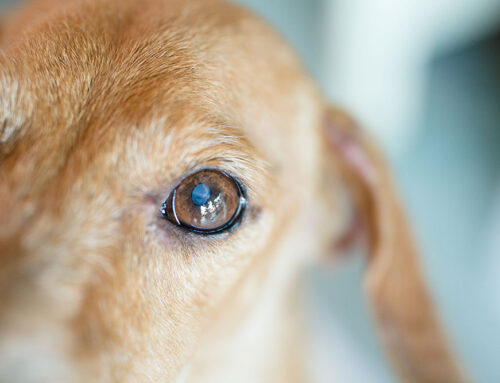
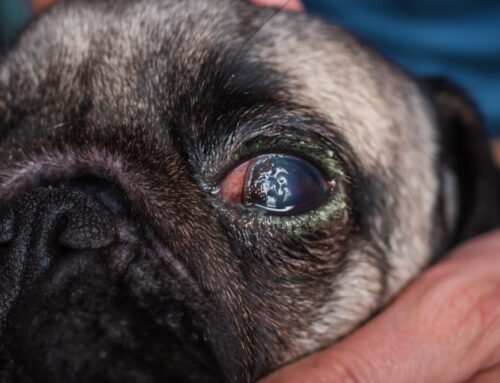
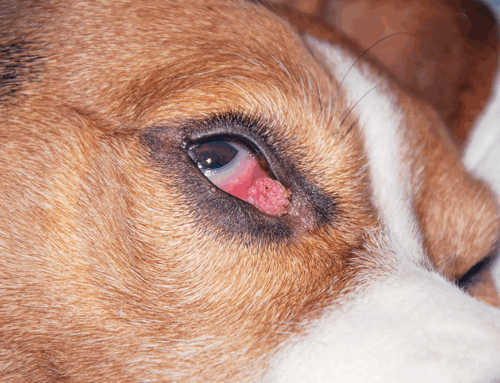
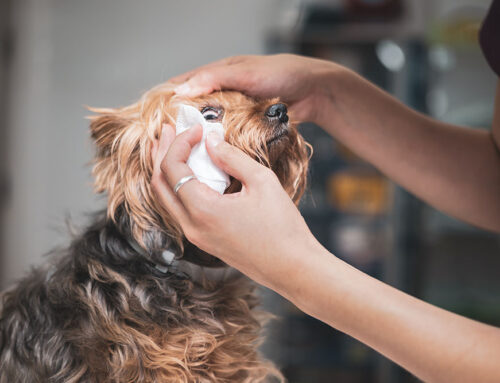

Leave A Comment